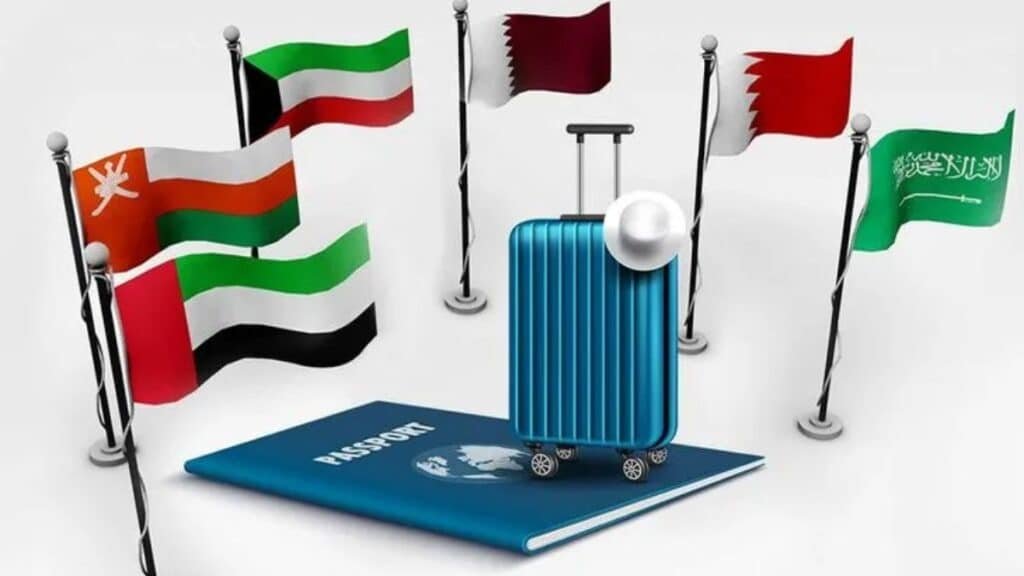ABU DHABI (Kashmir English): The Gulf Cooperation Council (GCC) is set to introduce the pilot phase of its unified tourist visa in the fourth quarter of the current year, UAE Minister of Economy and Tourism and Emirates Tourism Council Chairman Abdulla bin Touq Al Marri has stated.
Al Marri described the project as a “strategic milestone” that strengthens integration across the region and positions the Gulf as one attractive destination for tourists.
Informing WAM, the minister went on to say that the visa, or GCC Grand Tourist Visa, will be launched in phases initially, with the complete implementation to follow later.
Six Gulf Countries
The project, compared to the Schengen visa, will enable tourists to travel freely across all six GCC countries: the UAE, Saudi Arabia, Qatar, Bahrain, Oman, and Kuwait.
Launch Date
Although he did not specify a specific date of launch, earlier on June 16, he said in an interview with Khaleej Times that the system was already approved and pending final approval from the Ministry of Interior and other parties.
The cost and duration of the visa will be announced. But market experts anticipate that it will transform the tourism industry, creating thousands of jobs and an immense boost to regional GDP.
The visa will also spur religious tourism and the fast-growing “bleisure” travel, a mix of business and leisure.
Tourism authorities anticipate that all of the GCC countries will gain from the initiative, though the UAE and Saudi Arabia stand to gain the largest number of visitors.
The UAE received 3.3 million GCC tourists in 2024, accounting for 11 percent of all hotel guests. Saudis accounted for 1.9 million, followed by Oman (777,000), Kuwait (381,000), Bahrain (123,000), and Qatar (93,000).
Highlighting the sector growth at a lightning speed, Al Marri further noted that until the second half of September 2025, the UAE had granted 39,546 commercial licenses for sectors such as tourism, hospitality, aviation, and digital travel services, a 275 percent increase over the corresponding period in 2020.




